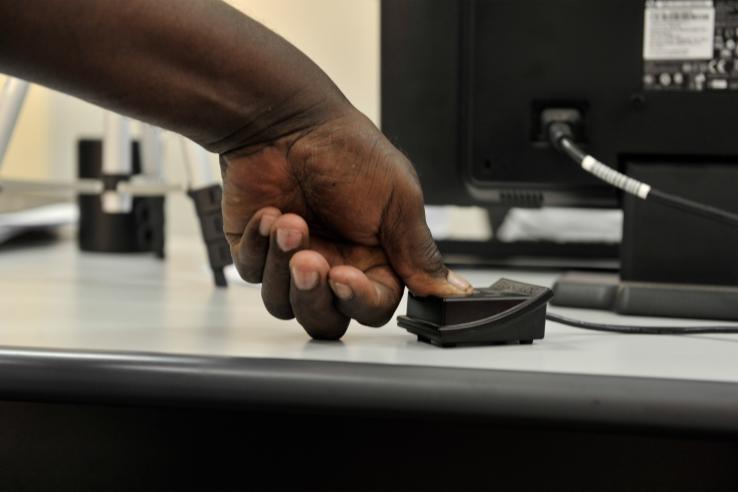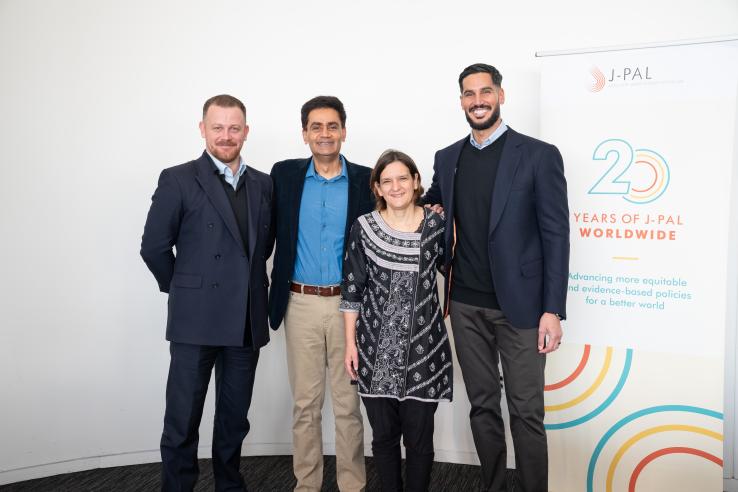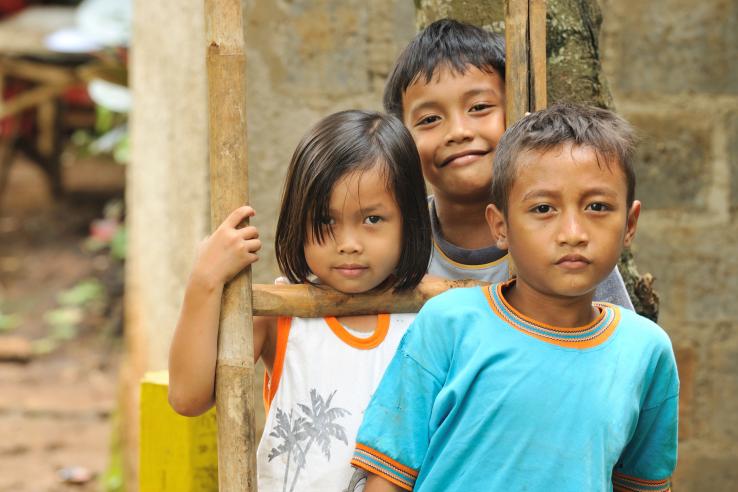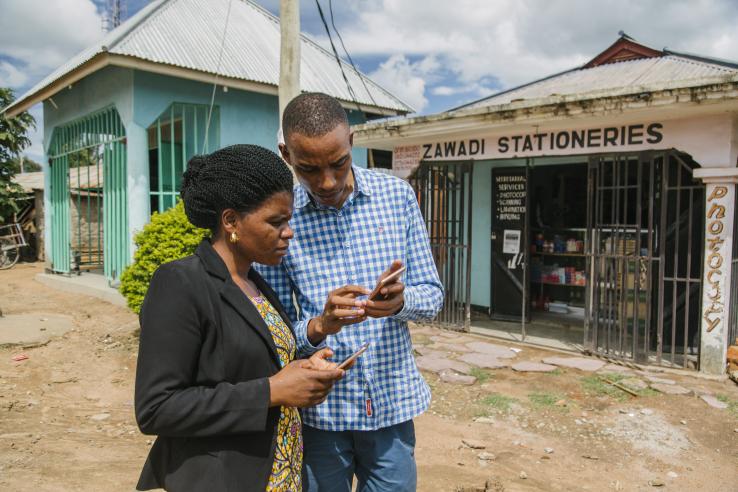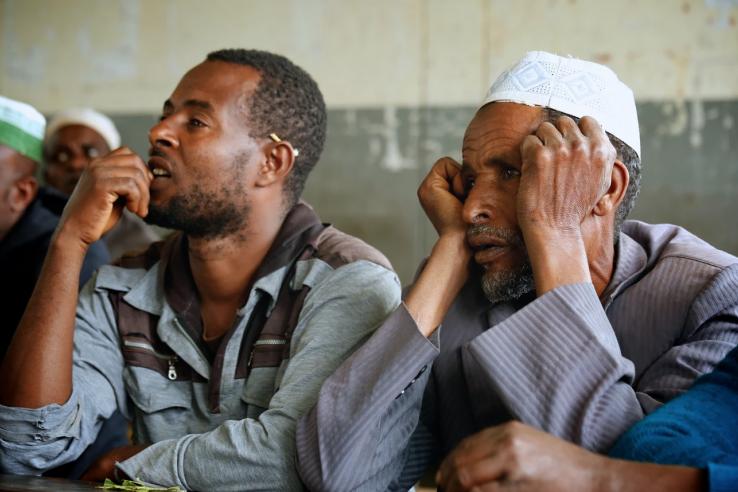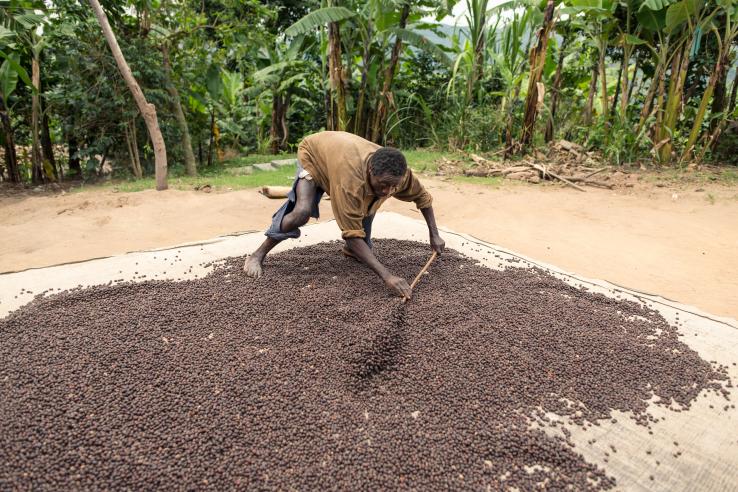Displaying 2236 - 2250 of 8328
Page
Landing page
Update
J-PAL Updates
The December 2020 Newsletter highlights a new J-PAL Africa blog series that explores key policy and research questions on different digital identification and payments systems.
Blog
The COVID-19 pandemic has expanded the proportion of the population in low- and middle-income countries that require social assistance from governments to deal with economic and health vulnerabilities. Can social assistance schemes be better designed so that they reach those who need support the...
Project
As a response to the outbreak of COVID-19, Jakarta’s provincial government stopped all in-person classroom learning in schools. The quick transition from normal schooling to learning from home raises questions about the readiness of teachers, parents, and students in carrying out the teaching and...
Blog
This blog post is the final piece in a series on how state and local governments in the United States can promote upward mobility in their communities. It is part of J-PAL North America’s work to develop a learning agenda that summarizes the core research priorities from state and local governments...
Person
Diana Suárez is a Research and Training Manager at J-PAL LAC, where she works contributing to the development and curation of research resources, best practices, and knowledge management for the LAC office, monitoring the projects adherence to the research protocols, developing training proposals...
Blog
Using evidence to make policy decisions can be a challenge when the information one needs is not credible, easily accessible, or interpretable. However, this difficulty can be overcome with the use of a high-frequency monitoring system. As governments and organizations move towards more digitized...
Person
Craig McIntosh is a Professor of Economics in the School of Global Policy and Strategy at the University of California, San Diego. He is a development economist whose work focuses on the evaluation of programs intended to contribute to the financial livelihoods of poor households. He has worked on...
Person
Abhilasha is currently working on a project which seeks to design, implement and evaluate Pilot Emissions Trading Schemes (ETS) for particulate matter in 1000 industrial units in the states of Maharashtra, Gujarat and Tamil Nadu. Her interests lie at the intersection of science and engineering...
Person
As Capacity Building Manager at CLEAR/J-PAL South Asia, Swetha, as part of the IDEA Initiative, manages training, resource development and advisory activities for various state governments, central agencies and other data providers, towards making their administrative data accessible and research...
Page
Landing page
Blog
A growing body of evidence suggests that gender inequality, especially social norms that endorse violence against women, is one of the main drivers of IPV. What programs can effectively build more gender equitable attitudes and behaviors, and do these behaviors translate into reductions in violence...
Person
Diego Verdugo joined J-PAL in January 2013 and is a Senior Research Manager. He is currently working on the evaluation of the program Chile Sano, which measures the impact of a dental treatment on labor market outcomes of economically vulnerable people.
Page
Landing page
Evaluation
Researchers are conducting a randomized evaluation to test whether providing traders “bonuses” for high-quality coffee affects the prices traders offer farmers for their coffee and whether this, in turn, affects farmers’ incentives to invest in the quality of their production.
